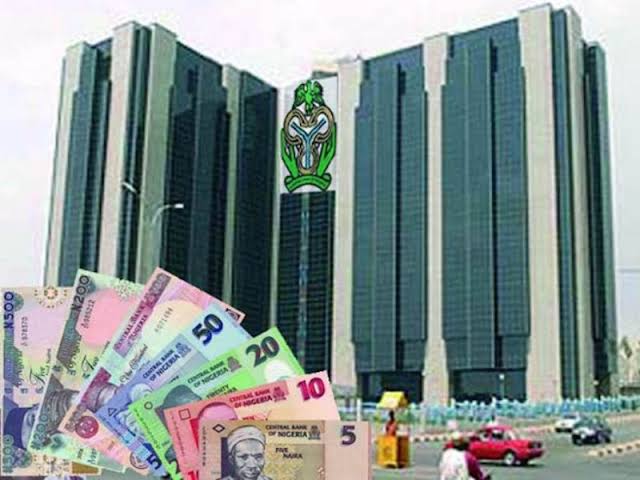A recent survey conducted by the Central Bank of Nigeria (CBN) has revealed that a significant 71.4% of Nigerians are advocating for a reduction in interest rates, driven by rising inflation and economic challenges. This finding comes from the September 2024 Inflation Expectations Survey (IES), which gathered insights from both businesses and households across the nation.
Conducted between September 9 and 13, the survey aimed to assess public perceptions of inflation and expectations regarding future economic conditions. It involved responses from 1,750 businesses and 1,665 households spanning all 36 states and the Federal Capital Territory, highlighting a widespread desire for lower interest rates.
The survey results showed that only 12.5% of respondents supported an increase in interest rates, while 16.1% preferred to keep them unchanged. This overwhelming majority calling for a reduction underscores the prevalent concerns regarding the cost of borrowing and its implications for both business operations and household expenditures.
The report stated, “Most of the respondents (71.4%) prefer the CBN to reduce the interest rate, while 12.5% expect the interest rate to be raised. The remaining 16.1% preferred the rates to remain unchanged.”
Inflation remains a pressing issue for many Nigerians, with approximately 58.5% of respondents describing the current inflation rate as high. Both businesses and households reported a negative outlook on economic conditions, with energy costs identified as a primary factor driving inflation perceptions, alongside transportation expenses, exchange rates, and insecurity.
Interestingly, the survey highlighted a disparity in inflation perceptions between businesses and households. Businesses tended to have a slightly less negative view of the current inflation landscape, with small businesses expressing the least concern. In contrast, households in urban areas reported a lower inflation index than their rural counterparts. Lower-income households, particularly those earning less than N30,000 per month, reported the highest inflation perception index, indicating they are most affected by rising costs.
Looking forward, the survey suggests a cautious optimism among Nigerians regarding future inflation trends. Both businesses and households expect inflation to gradually decrease over the next six months; however, businesses are more hopeful about a decline compared to households. Expectations for future inflation remain influenced by energy prices, transportation costs, exchange rates, and security issues.
The report also pointed out that a majority of respondents actively follow CBN communications regarding inflation and interest rates, with 62.1% indicating they monitor these updates. Furthermore, 61.8% of respondents believe the CBN is transparent in its communication, although 50.9% feel that these communications only somewhat influence their inflation expectations.
In recent months, the CBN, under the leadership of Yemi Cardoso, has raised the monetary policy rate (MPR) five times in an effort to combat inflation and stabilize the economy. The MPR has increased from 18.75% to 27.25%, with the latest hike occurring in September 2024. These adjustments, totaling 850 basis points since Cardoso’s appointment, aim to address the persistent inflation challenges facing the country, which include high core and food inflation.
As of August 2024, the headline inflation rate stood at 32.15%, reflecting a slight decrease from 33.40% in July but still representing a significant increase of 6.35 percentage points compared to the 25.80% recorded in August 2023. The month-to-month inflation rate for August was recorded at 2.22%, indicating a marginal slowdown in price increases from 2.28% in July.
The National Bureau of Statistics (NBS) is expected to release the Consumer Price Index (CPI) report for September on Tuesday, October 15, 2024, which will provide further insights into the inflationary landscape in Nigeria.


